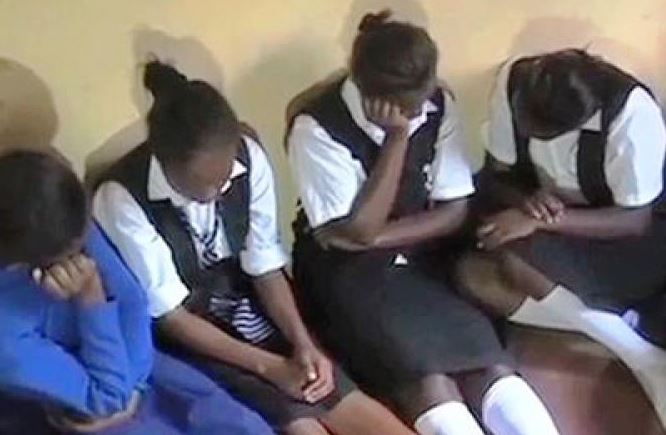×
The Standard e-Paper
Kenya’s Boldest Voice

Some students who were arrested drinking alcohol and engaging in sexual activities. [Mose Sammy, Standard]
The recent spate of indiscipline cases in Kenyan schools has led many to ask questions in relation to the Government's decision to ban corporal punishment in Schools. Assault cases involving students and teachers and arson attacks on school property since reopening in January are worrisome.